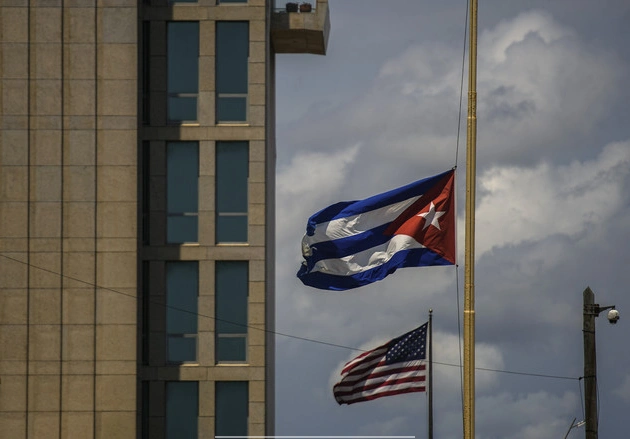
Cuba’s diplomatic relations with the United States have faced significant hurdles, particularly under the Trump administration’s stringent immigration policies. Despite efforts to cooperate on deportation flights, tensions between the two nations have escalated.
The Current Standoff
Johana Tablada, a senior Cuban official, expressed frustration over the deteriorating relationship with the U.S. The Trump administration’s hardline stance on Cuba, fueled by concerns over national security and migration, has strained bilateral ties.
During Trump’s presidency, Cuban officials were met with resistance from the State Department, signaling a shift from previous administrations. Despite Cuba’s willingness to engage in dialogue and uphold agreements, the U.S. has remained aloof.
Challenges and Consequences
Secretary of State Marco Rubio and special envoy Mauricio Claver-Carone advocate for a tougher approach towards Cuba, including the reimplementation of sanctions and visa restrictions. This aggressive stance has further entrenched the impasse in relations.
Tablada refutes allegations of Cuban misconduct and criticizes U.S. officials for escalating tensions. She emphasizes Cuba’s commitment to cultivating positive relations with the American people, highlighting the historical ties between the two nations.
The Way Forward
Despite the obstacles, Cuba remains steadfast in its pursuit of constructive engagement with the U.S. Tablada underscores the importance of preserving dialogue and preventing a complete breakdown in relations.
As political dynamics continue to evolve, the future of Cuba-U.S. relations hinges on mutual respect and a willingness to address differences through diplomatic channels.











